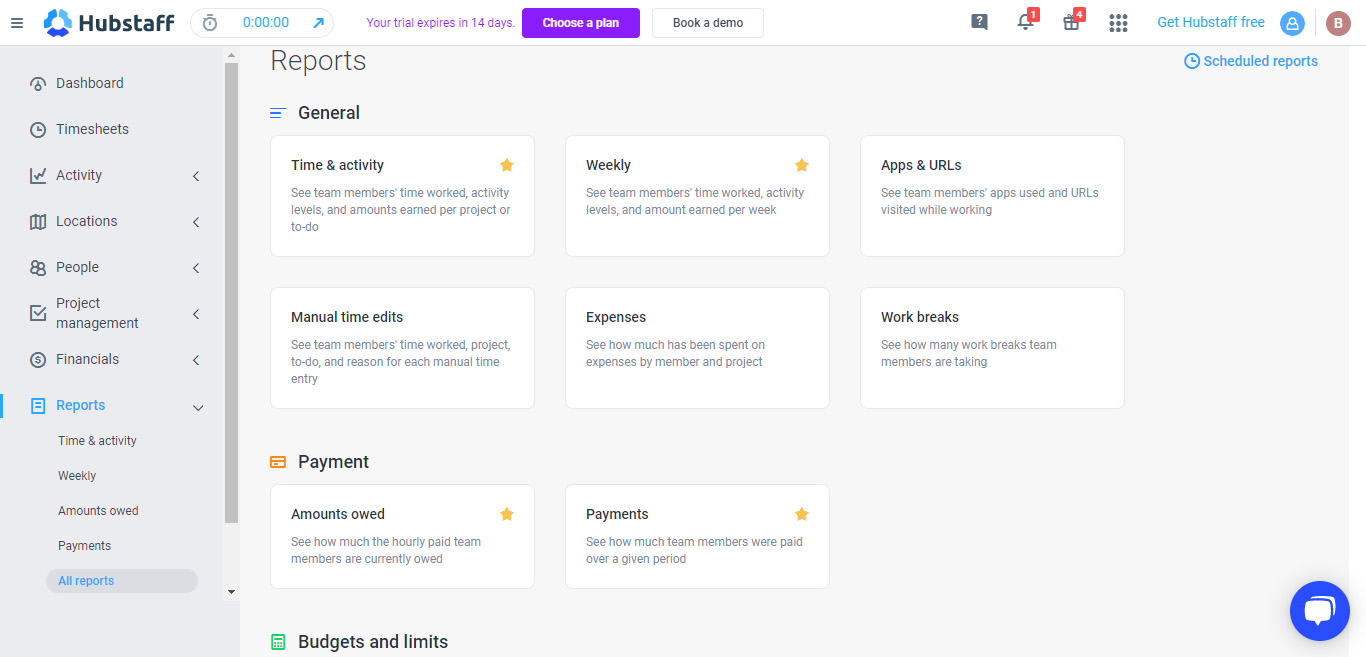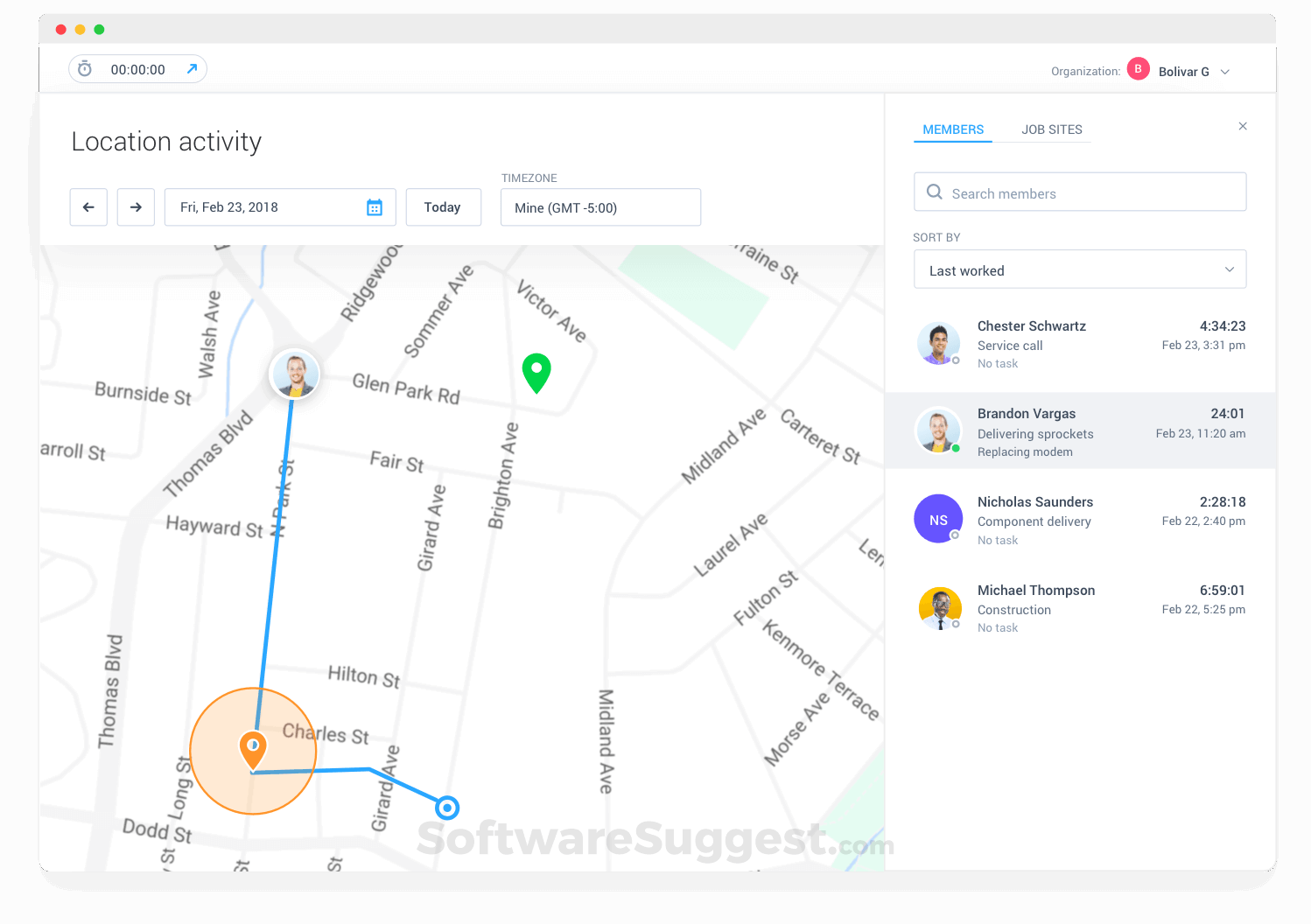
It can also take a picture via webcam every 10 minutes to check that employees are at their computer. Time Doctor goes further, taking videos of users’ screens. “Hubstaff is software that records users’ keyboard strokes, mouse movements, and the websites that they visit. The MIT Technology Review gave an overview of some of the snooping programs are looking for: But calmer seas can hide dangerous currents, and just as businesses appear to take a more relaxed attitude to home working, scores of them have been enthusiastically implementing surveillance software to ensure that every click, every break, every lapse in attention is observed, collected, and used as evidence of worker efficiency. Given this, you would be forgiven for thinking that the outbreak has seen companies forge new bonds of faith with their workers, and that this is an unexpected silver lining to the chaos wrought by COVID-19. For lots of companies this has been going surprisingly well, and Facebook, often seen as something of a pace-setter when it comes to employee flexibility, announced that their staff would be given the option of working from home permanently once lockdown lifts. Managers are having to trust more, and ultimately accept that they have less of a window into how employees spend the day. It is a mighty responsibility, and abuse of managerial power can have devastating consequences.ĭuring the pandemic, the relationship between workers and their seniors has evolved in unexpected ways. Promotions, opportunities, hirings and firings - all life-altering events - are subject to their authority.

Though we might prefer to believe that its meaning has evolved since then to convey something more respectful and collaborative, it is still the case that workplace leaders and managers have mastery over their staff.

It is a word that originates with ideas of control, of a docile or wilful creature that must be subordinated to the instructions of the master.”

From this form of manual control, the word has expanded into a general activity of training and handling people. “It is derived from the Italian mano, meaning hand, and it’s expansion into maneggiare, the activity of handling and training a horse carried out in a maneggio – a riding school. Writing for Aeon last week, Martin Parker, a professor of organization studies at the University of Bristol in the UK, relayed the origins of the word “management”, explaining:


 0 kommentar(er)
0 kommentar(er)
